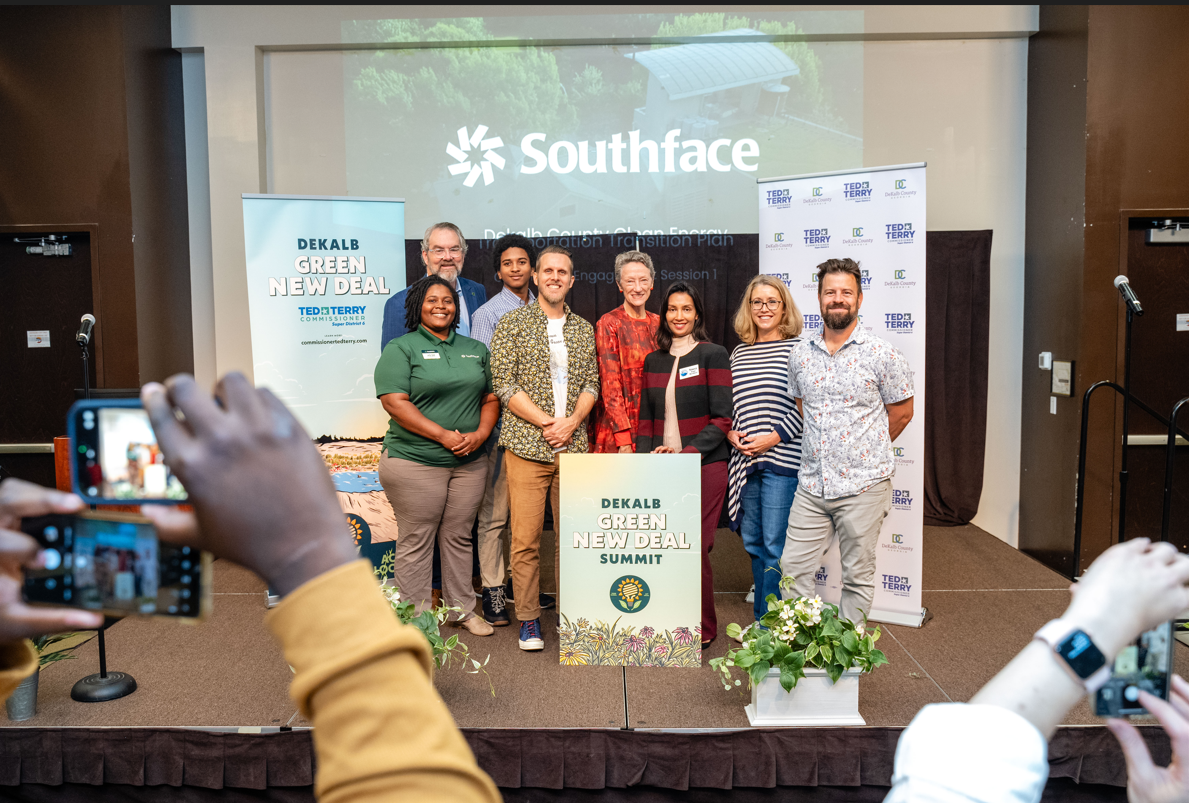Aiming to Build A Community Where Animal Life Is Cherished and Shelters Operate With Utmost Humanity and Efficiency
Decatur, GA- Super District 6 Commissioner Ted Terry unveiled a pivotal resolution today, urging DeKalb County CEO Michael Thurmond to reaffirm* our commitment to the “no-kill animal shelter” policy. This step accentuates DeKalb County’s intention to ensure that animal welfare aligns with both modern best practices and the heartfelt wishes of its residents.
*the DeKalb County Board of Commissioners passed a no-kill resolution in November of 2017, affirming the support of the no-kill policy for the DeKalb animal shelter, becoming the 2nd county in Georgia to do so.
This resolution highlights:
- Numerous communities across the U.S. have ended the killing of healthy and treatable animals in their municipal shelters, achieving placement rates of 95% – 99%.
- The No Kill Equation, a comprehensive model of humane programs and services, has consistently proven its effectiveness, leading to a nationwide shelter death rate decline of 95% and promoting a shift from buying to adopting pets.
- Traditional methods of managing animal shelter populations through killing are not only inhumane but also economically inefficient. In contrast, the No Kill Equation’s programs are cost-effective and present potential revenue opportunities.
- Major corporations, such as Google, have recognized and praised communities that prioritize animal welfare, highlighting the appeal of such places to a “young, vibrant, pet-loving workforce”.
- Ensuring public safety remains at the forefront, with No Kill mandates resulting in notable reductions in severe dog bite incidents.
- Formation of an animal welfare task force made up of relevant departments, animal advisory board members, the judicial system, the Board of Commissioners, the Law Department and community stakeholders to review, advise and act on the full implementation of the “no-kill equation” program and policy framework.
(more)
“With this resolution, we are underscoring our deep commitment to both animal welfare and economic sensibility,” said Commissioner Ted Terry. “DeKalb County has the potential to set an example, illustrating how compassion, innovation, and accountable governance can seamlessly coexist in the domain of animal care.”
With the backing of strong bipartisan support and an overwhelming 96% of Americans advocating for robust animal welfare legislation, moving towards a No Kill ordinance is not just an ethical imperative but also a hallmark of responsive governance.
Commissioner Ted Terry encourages his fellow commissioners and the residents of DeKalb County, GA, to rally behind this resolution, aiming to build a community where animal life is cherished and shelters operate with utmost humanity, efficiency, and forward-thinking.
For more details or to schedule interviews with Commissioner Ted Terry, please contact Kelly Cato at kecato@dekalbcountyga.gov

